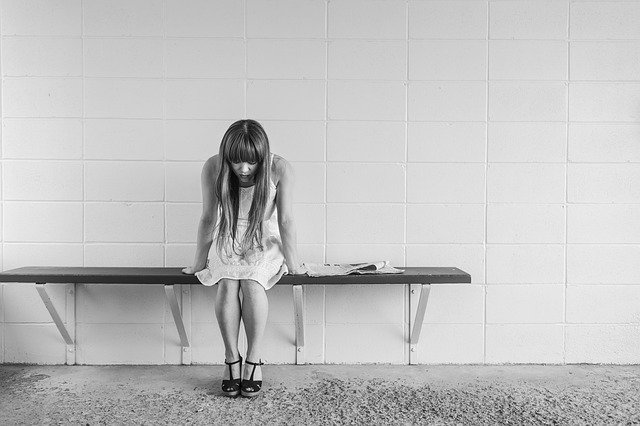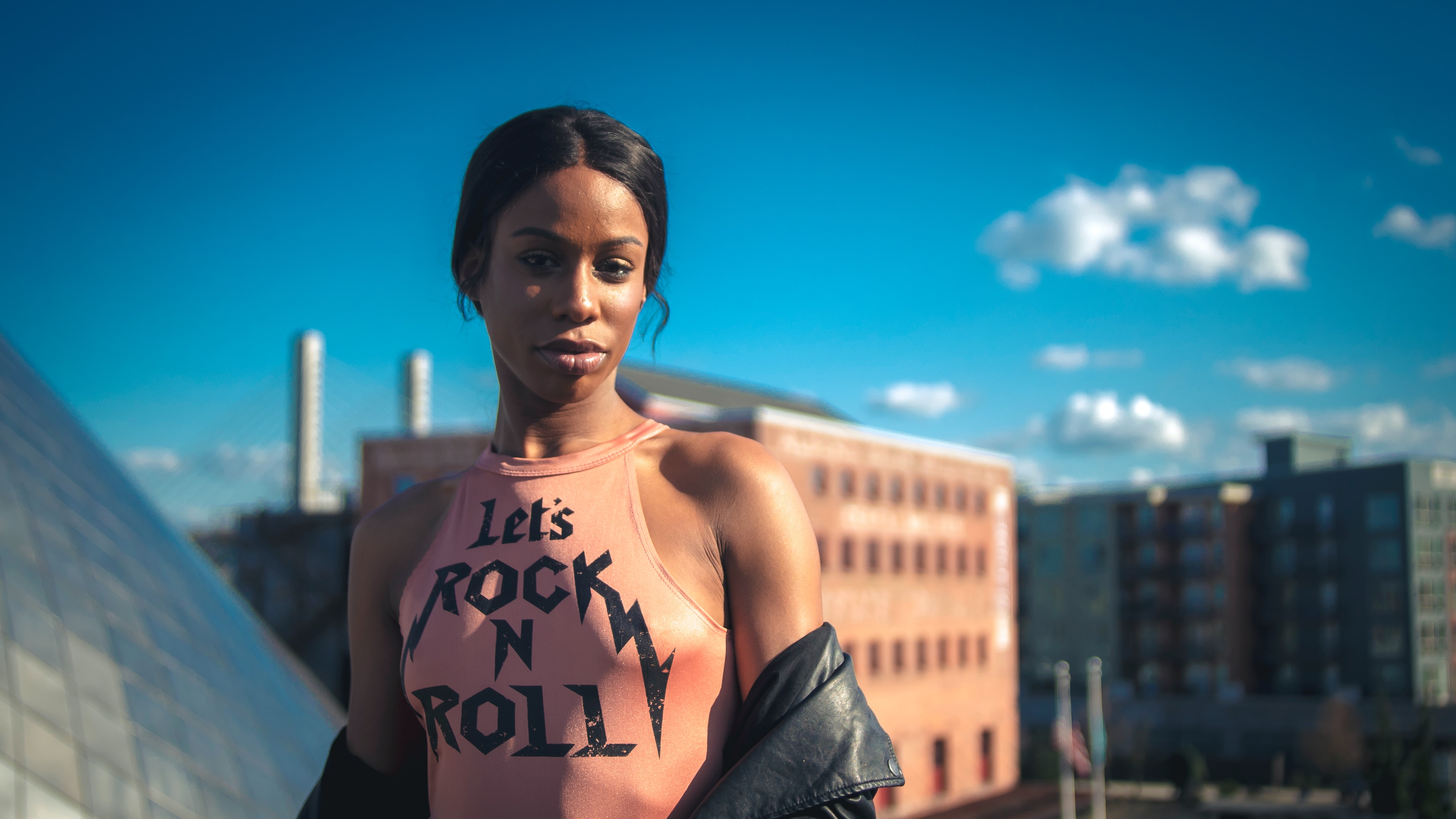Like you likely have felt, I’ve been overrun with emotion over the last few weeks. And ignorance.
I’m a problem solver. And I’m extremely impatient. So when George Floyd’s murder shed a big-ass spotlight on racial injustice, I wanted to jump right into talking about it: what do we do? how do we solve?
Even just last week, my podcast co-host and I recorded a podcast episode, discussing the event and ensuing protests and movement. Just a few days later I listened to the pre-released recording, and I cringe at some of the things I said.
I even thought about redacting some of it. I wasn’t mean or racist. It’s just clear that I didn’t get it.
I can’t spend 45 years of my life, mostly ignorant, and then expect in a short week to “get it.” But that’s what I thought I could do.
Until I finally realized. This isn’t yet a time to solve. For me, this is a time to slow down, shut up (mostly) and learn.
Instead of rushing to dive into discussions, I finally realized I needed to do something I’m really bad at: listening…and listening…and listening.
In order to see big change, we must first change how we see.
After taking some time to get uncomfortable, make space for learning and listening, here are the things that I learned that I’m embarrassed to admit…
1. I’m a privileged white person.
A month ago, I never would have said that. I could have defended six ways till Tuesday how most of what I have — money, success, happiness — comes from the hard work that I put in on my own.
I didn’t get it. And it’s ironic.
I’ve always been a macro thinker. I see concepts in big pictures. And yet, this concept of “privilege,” I had only ever seen on the micro level. It wasn’t until thousands of people and a tsunami of education (that’s largely been there all along) came over me, that I finally get it.
I was given the ultimate “macro” privilege.
2. I didn’t think police brutality against black people was that pervasive.
I don’t have an excuse here. I knew there was an imbalance. But as someone who’s husband is not a police officer, but is in the law enforcement field, my immediate reaction was to be defensive. In fact, my podcast co-host, Nicole, even sent me an article and book recommendation on this topic. I was quick to defend.
Until I finally shut up, slowed down, and listened.
I started listening to the podcast, Code Switch, and their most recent episode, “A decade of watching black people die” was incredibly eye opening. It made me realize I have so much catching up to do.
3. It isn’t just black men being wronged.
I think I’ve often put black women simply into the “women” category. Sure, as a woman, I know we’ve had our share of underdog status. And no, I wasn’t completely ignorant to the fact that this “underdogness” was even harder for black women. But I’ve since learned: things are far worse than I thought.
I started listening to another podcast, the Good Ancestor Podcast, and her episode with Kimberly Seals Allers, a former editor at Essence and Fortune, struck me right in the heart. There are so many other ways that black women are discriminated against. For example, did you know that in New York City, black women are more than twice as likely to die during child birth? Kimberly talks about the pervasive mistreatment of black women as they go through all phases of the birthing process.
I had no idea. It left me sad and disturbed.
4. I thought I had a “pass.”

In the episode Nicole and I recorded and will release next week, I point to things like growing up in a small, Northern Michigan town and slide in that I dated a black guy. I basically have been thinking, for probably my entire adult life, that it’s just not my thing to tackle.
I absolutely adore my black friends — I truly love to be around diverse people. At the same time, if you look at my friends and followers, they are mostly white people.
And holy shit, I also browsed through my podcast library, NONE, ZERO, ZILCH were hosted by people of color. WTF?! I’ve since changed that and besides Code Switch, I added several others that mostly came from recommendations on Instagram. I’ve also started following several others there.
Let me be clear — this is not an amazing accomplishment. It’s simply progress.
5. I thought: This isn’t my place to lead, but simply to follow.
Nope, wrong too. Although I’m in a phase of learning and listening, at some point I will also need to lead. I often think about leading with the big letter — “L”. For example, the authenticity movement — hell to the yes, I’m wearing a big, fat “L” on my shirt.
But there are also little letter “l” leaders. That’s where we ALL need to get to on this topic. As Gene Demby said in the podcast episode:
“…whether or not it will result in any concrete change is really up to the people who may be least involved with the trauma. It matters whether or not people who are not affected by this, do something.”
Kimberly Seals Allers had a slightly different take. She asked that white people commit to being “Co-liberators.” She went on to say that, as white people, we cannot be the ones Leading (big “L”) as that would be perpetuating the very issue we’re trying to solve. Step aside, listen, support, and let them lead us all.
To my BIPOC friends: I am so sorry. I am sorry for my ignorance. I am sorry for the collective ignorance of the human race. I pledge to learn more. I pledge to do better. I pledge to co-liberate.
To my non-BIPOC friends: Stop what you’re doing. Listen. Block off at least an hour a week to read something new. Listen to a podcast. Educate yourself. And when you’re educated, become a co-liberator.

Authenticity is a start. Authenticity certainly isn’t color blind. Creating an authenticity movement will help…I hope. But I pledge to do more. As the CEO of b Authentic inc. As a friend. As a citizen. As a mother.
I’m committing to:
- Listening to at least two podcast episodes each week that discuss racial issues
- Reading at least two articles a week that address the topic
- Diversifying those that I follow on social media
- Ensuring I am being inclusive and unbiased in all that I do and we do at b Authentic inc
- Connecting and amplifying the voices of my black friends, whether that be specifically tied to racial injustice or simply furthering the positive messages that they’re already bringing to the world
- Reading one new book every two months that either thrusts me further into the world of BIPOC and/or that focuses on how we create change in the system
I ask that you consider doing the same. If we all are willing to change how we see, then we will see change.
P.S. If you want to dive even deeper, here are a few other resources that I recommend.
An Action Plan for Leaders by Anton Gunn. What I love about his guide is that he provides incredibly tangible and powerful steps you MUST take as a manager in a time like this. Follow Anton on Instagram, Facebook, and/or LinkedIn.
TEDx Talk: Let’s get to the root of racial justice by Megan Ming Francis. Sadly, this TEDx Talk is not new. It’s from 2016, and I found it incredibly powerful. What I love is that Professor Francis talks about the root causes and serves up a powerful vision for how to change the future.
The Hate You Give, a New York Times Bestselling book by Angie Thomas. I read this book about a year ago and it’s incredible. This is a great book if you’re looking to entrench yourself, but also want to do so in a wonderful storytelling format.


